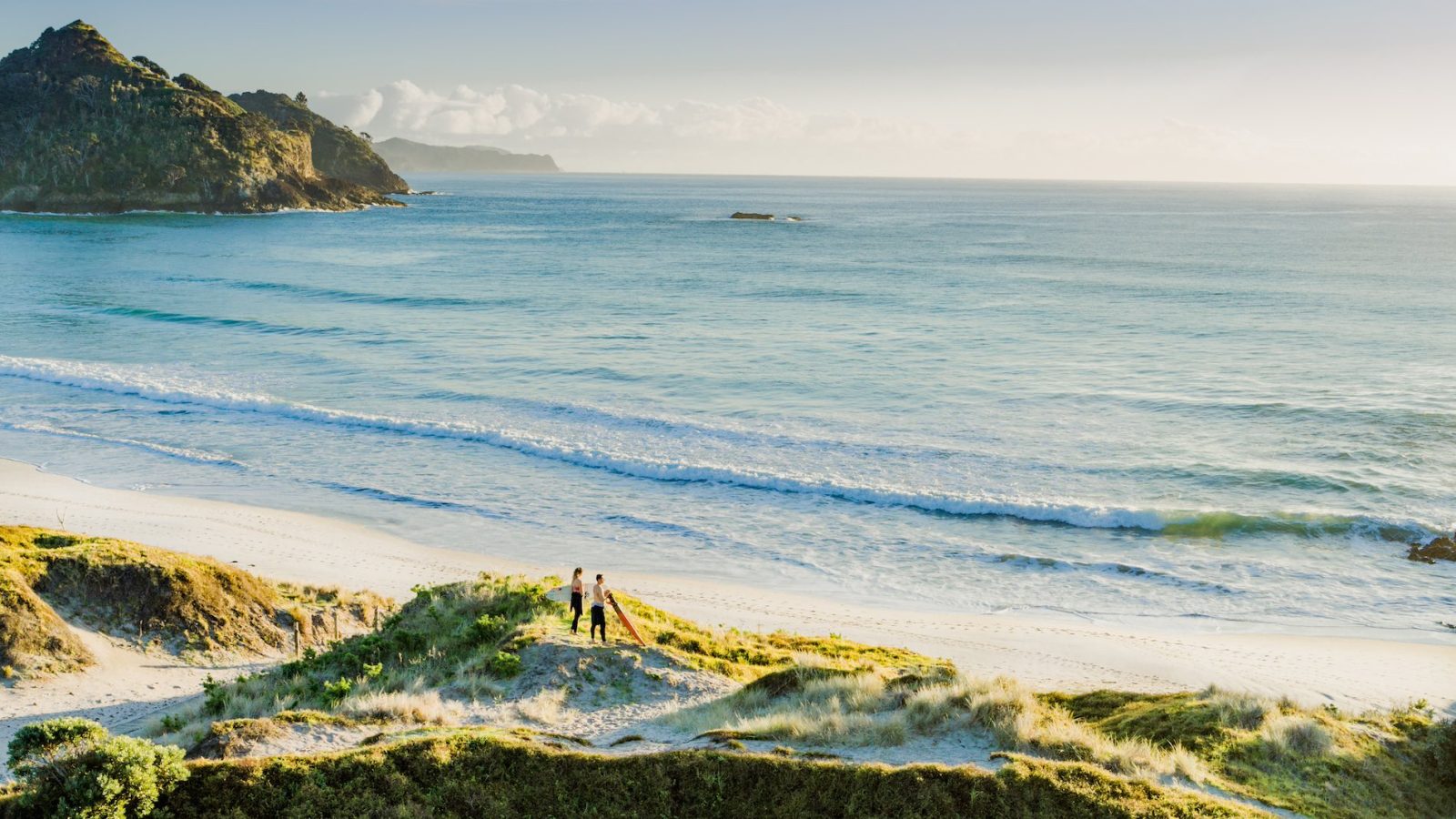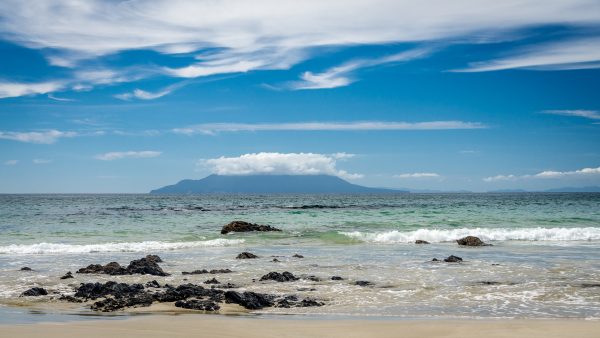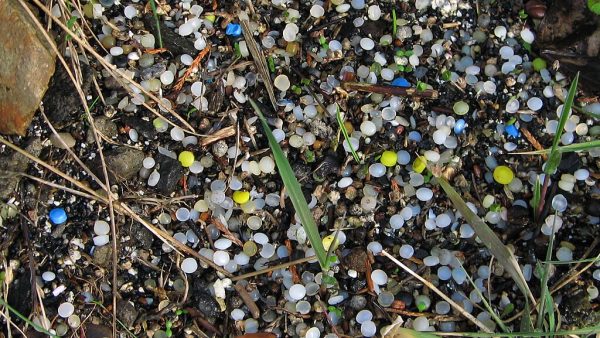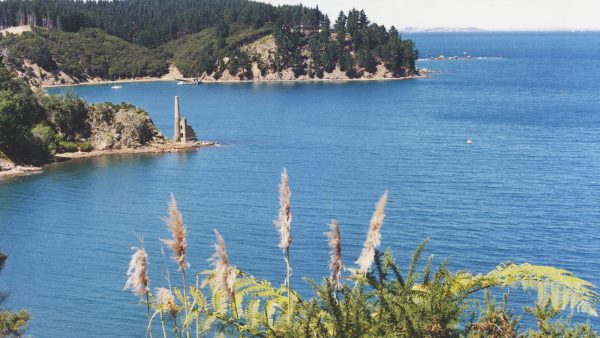The Government’s promise to protect the Hauraki Gulf has sparked fury among conservationists, with critics warning that last-minute amendments to the Hauraki Gulf/Tīkapa Moana Marine Protection Bill will drive fish species to the brink of extinction.
Conservation Minister Tama Potaka is pushing ahead with changes to the Bill, which he insists will safeguard Auckland’s waters for future generations. However, both Labour and the Greens—who introduced the original Bill to Parliament prior to the 2023 General Election—are sounding the alarm, accusing the Government of betraying the Gulf’s fragile ecosystem by sneaking in provisions that favour fishing interests.
“We’re establishing 19 new marine protection areas that will nearly triple the space protected in the Gulf,” Potaka announced, claiming the reforms strike the perfect balance between environmental preservation and economic growth.
The Minister highlighted the economic significance of the Gulf, stating, “The beauty of the Gulf is a key driver of tourism and fishing, contributing $100 billion in value to our economy, according to a recent assessment by the NZ Institute of Economic Research.”
Yet behind the feel-good rhetoric, Potaka admitted that ring-net fishing—a method widely criticized for its damaging environmental impact—will still be allowed in “protected” zones, sparking outrage from some who have spent over a decade fighting for stricter protections.
“Limited ring-net fishing will continue for a small number of fishers supplying local communities,” Potaka added, defending the decision by claiming that the method “has very little impact on the environment beyond the target species.”
However, Labour’s conservation spokesperson, Priyanca Radhakrishnan, slammed the Government for backpedaling on its promise to safeguard the Gulf, accusing them of bowing to commercial fishing interests.
“The Government has sneakily reneged on protecting the Hauraki Gulf, reducing the protected area of the marine park and inviting commercial fishing in the depleted seascape,” she said. “There will be no future for the fishing and tourism industries in these areas if we don’t take action to protect them now.”
Radhakrishnan said overfishing, pollution, and sedimentation have ravaged the Gulf for decades, leaving marine species on the edge of extinction. “Species are almost functionally extinct in the areas permitted to be fished now,” she warned.
This backtrack from the original Bill—introduced by the Labour-Green government—has sparked fierce criticism from conservationists and iwi groups. The original proposal extended marine reserves and created protective zones that were intended to shield the Gulf’s fragile habitats from harmful activities, while still allowing for the customary practices of tangata whenua.
Green Party environment spokesperson Lan Pham accused the Government of caving to industry pressure, saying, “This Government has bent over backwards to give fishing lobbyists exactly what they asked for, in an area of precious biodiversity facing ecological collapse.”
“We can have healthy and thriving fisheries and marine life, now and in the future, if we give fish stocks a chance to recover,” she added.
Pham further blasted the Government for dismissing years of work by local iwi, hapū, and community groups under the guidance of the Hauraki Gulf Forum. “This coalition comes along and rides roughshod over that mahi at the whim of commercial fishing,” she said, noting that the exemption of commercial fishing from key provisions in the Bill could push fish stocks “over the edge into extinction.”








